For some women in Iraq and Syria, the Islamic State offers something no one else has given them before: power.
Among its many acts of terror, the Islamic State (IS) has a earned reputation for violence against women. Labeled exceedingly radical even by al-Qaeda’s standards, the group’s reprehensible treatment of women has included sexual enslavement, forced marriages and the execution of women who make unapproved contact with members of the opposite sex. These are just a few of the many vicious tactics of gender subordination highlighted by a recent United Nations report.
But women are still joining the group — many by choice. The natural question is why?
A Role for Women
We tend to associate acts of terror with men, presuming women to be inherently less violent. Over the years, al-Qaeda, in particular, has discouraged women from getting directly involved in its activities.
However, female insurgents have played integral roles in suicide bombings and other terrorist attacks in the Middle East. Palestinian women proved eager recruits in the Second Intifada, for example, just as others did in Lebanon on behalf of largely secular organizations resisting Israeli aggression in the 1980s.
For its part, IS has actively sought to entice women into joining its ranks — albeit, generally to play non-combat roles. In February 2014, it created two female brigades — al-Khansaa and Umm al-Rayan — to enforce its stringent conceptions of Islamic morality. The group deems single women between the ages of 18-25 eligible to participate, providing a monthly salary of 25,000 Syrian pounds — around $135 — as an incentive.
These women do not commit the conspicuous acts of terror that have made the Sunni extremist group infamous. Instead, they perform tasks such as searching people who pass through checkpoints, in part to expose men who have disguised themselves as women to avoid recruitment. They also serve as IS’ morality police, ensuring that female community members in seized areas dress appropriately in a full niqab (face veil) and refrain from going out in public without male companions.
Accounts from women detained by al-Khansaa indicate that female brigade members do not merely obey orders from male leaders in the execution of their policing duties. Rather, to some extent, they seem to revel in their access to power. “They insulted me and yelled at me,” recalls Zainab, a young Syrian girl who was detained in March 2014. “Nobody talked to me or told me the reason for my detention … The brigade has created fear among the women and girls of Raqqa.”
A Choice Among Patriarchies
Although IS’ presence has undeniably exacerbated the oppression of women in Iraq and Syria, conditions were never ideal for women in these states in the first place (though by some measures they were better than in nearby countries).
In communities where honor killings continue to occur, female victims of rape are stigmatized, regardless of whether it’s members of IS committing the atrocities or someone else. Similarly, in places where women cannot decide for themselves how to dress or how to act, they remain subject to the authority of men, regardless of who’s in power.
Yet if the Islamic State seems even worse, why do women join?
Some contribute to the radical movement out of concern for their own safety. In northern and central Iraq, many women have been left to fend for themselves in the absence of male family members who have been roped into combat or killed. Joining IS could grant these women a sense of security. On the other hand, a genuine feeling of obligation among women to oppose the Iraqi government’s routine mistreatment of Sunnis could also be at play.
A more fascinating explanation, however, rests on the premise that women yearn to be entrusted with positions of authority in societies where traditional values already restrict female autonomy.
Syrian women participated in the 2011 Arab Spring uprisings, but since the onset of the civil war that followed, they’ve had to focus on survival rather than on instigating change. Just as Syrian President Bashar al-Assad has successfully included women in his own counter-insurgency tactics, perhaps IS has convinced some women that the perception of being in control — with the authority to subjugate members of their own community — is more desirable than the alternative: feeling the weight of their oppression each day.
The complicity of these women in enforcing strict conceptions of morality illuminates the unfairness of the pre-Islamic State lives they wished to escape. The Islamic State’s version of Islam surely oppresses women, but so too does the existing patriarchy in the societies the extremists have penetrated. “There is a process of female emancipation taking place in the jihadi movement,” explains Norwegian defense expert Thomas Hegghammer, “albeit a very limited (and morbid) one.”
Without the help of women at the local level, IS would not have been able to establish its presence in the Middle East so rapidly and effectively. But as women have discovered all over the world, helping to build a society scarcely prevents them from finding themselves at the margins of it.
*[This article was originally published by Foreign Policy in Focus.]
Fair Observer is a nonprofit organization dedicated to informing and educating global citizens about the critical issues of our time. Please donate to keep us going.
The views expressed in this article are the author’s own and do not necessarily reflect Fair Observer’s editorial policy.
Photo Credit: Meunierd / Robert Hale / Shutterstock.com
Support Fair Observer
We rely on your support for our independence, diversity and quality.
For more than 10 years, Fair Observer has been free, fair and independent. No billionaire owns us, no advertisers control us. We are a reader-supported nonprofit. Unlike many other publications, we keep our content free for readers regardless of where they live or whether they can afford to pay. We have no paywalls and no ads.
In the post-truth era of fake news, echo chambers and filter bubbles, we publish a plurality of perspectives from around the world. Anyone can publish with us, but everyone goes through a rigorous editorial process. So, you get fact-checked, well-reasoned content instead of noise.
We publish 2,500+ voices from 90+ countries. We also conduct education and training programs
on subjects ranging from digital media and journalism to writing and critical thinking. This
doesn’t come cheap. Servers, editors, trainers and web developers cost
money.
Please consider supporting us on a regular basis as a recurring donor or a
sustaining member.
Will you support FO’s journalism?
We rely on your support for our independence, diversity and quality.





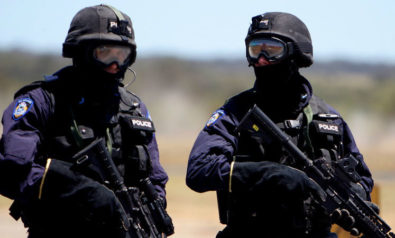

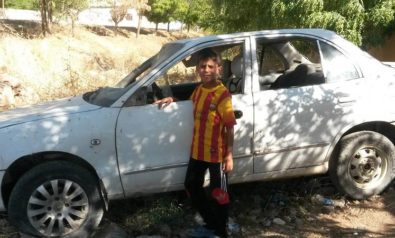

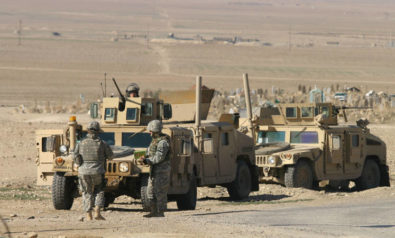
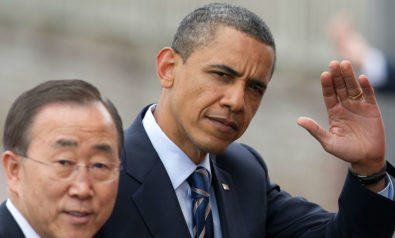

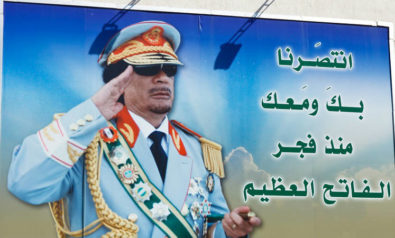





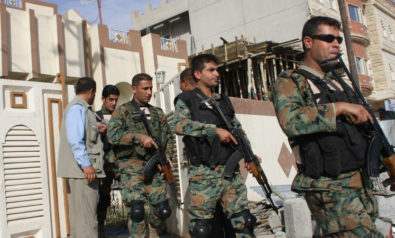

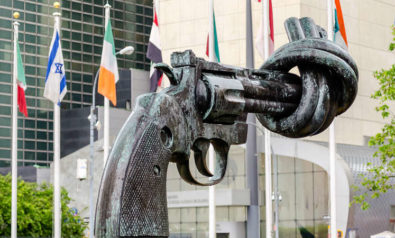

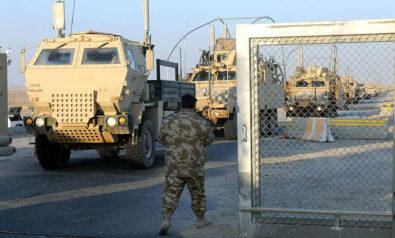





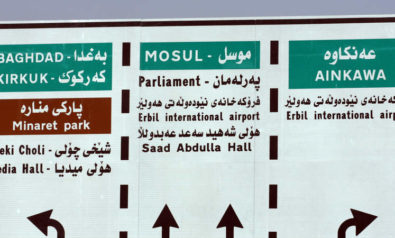



Comment